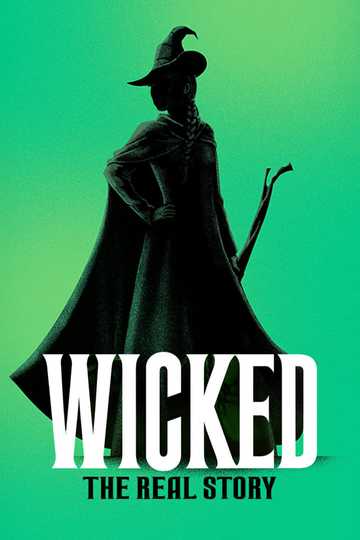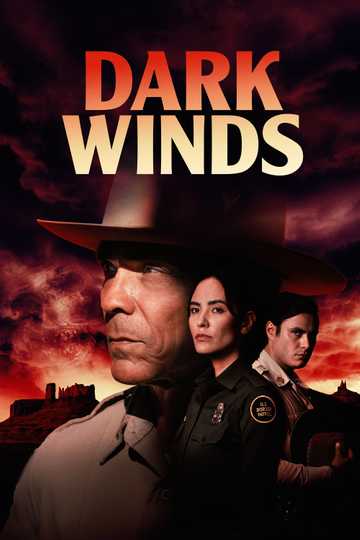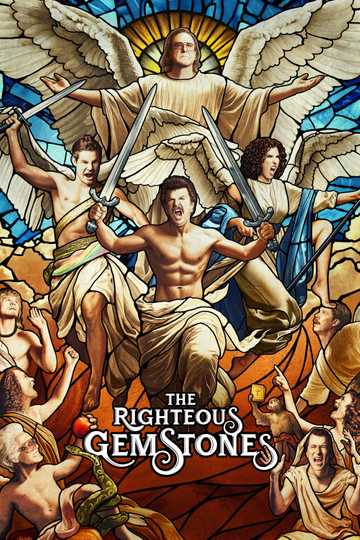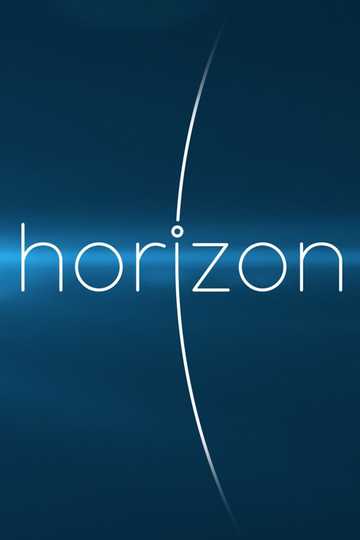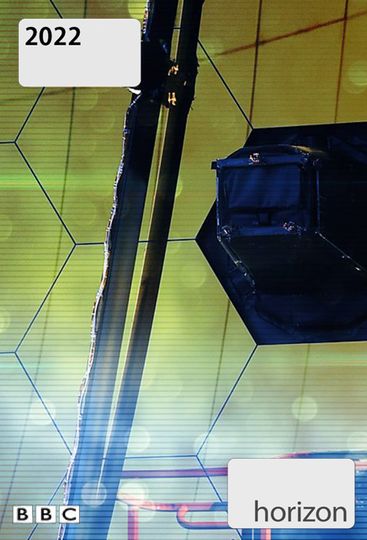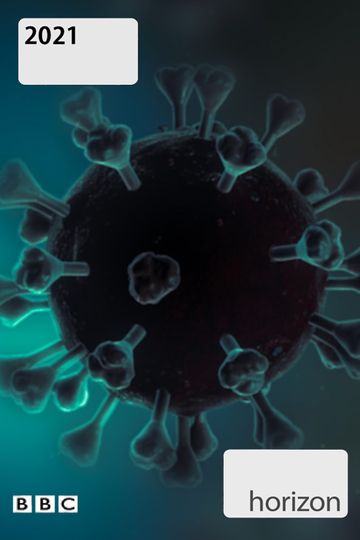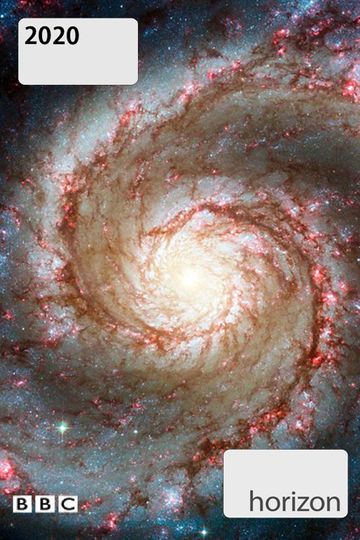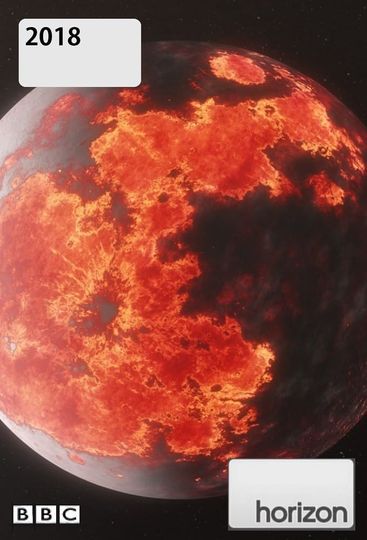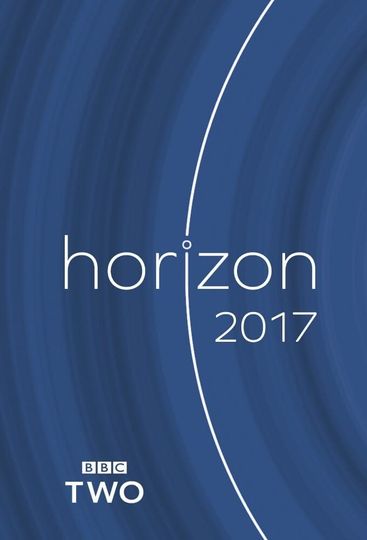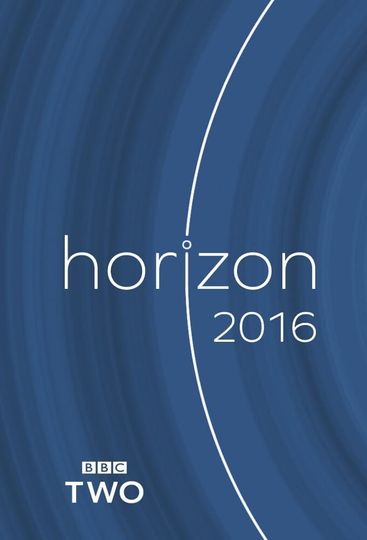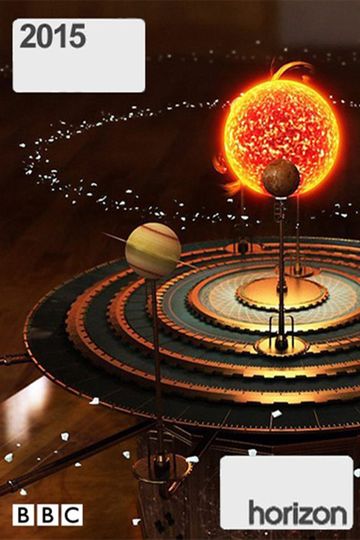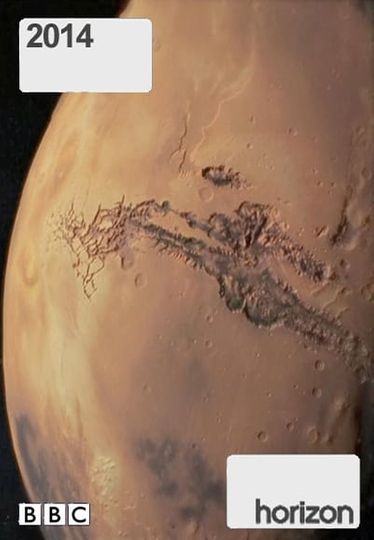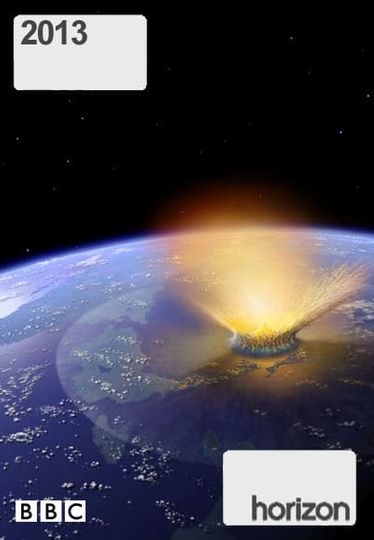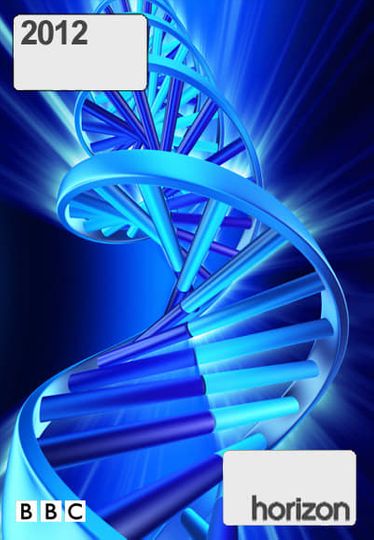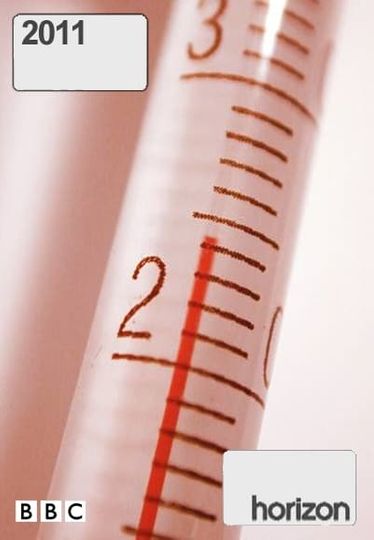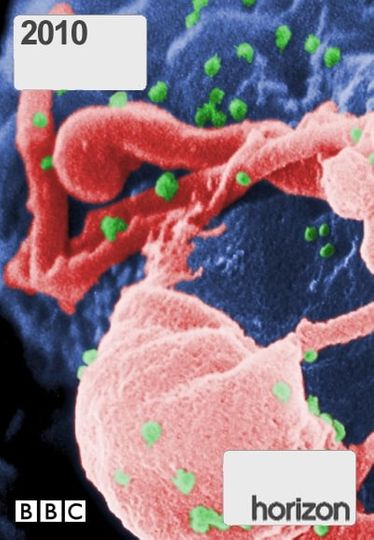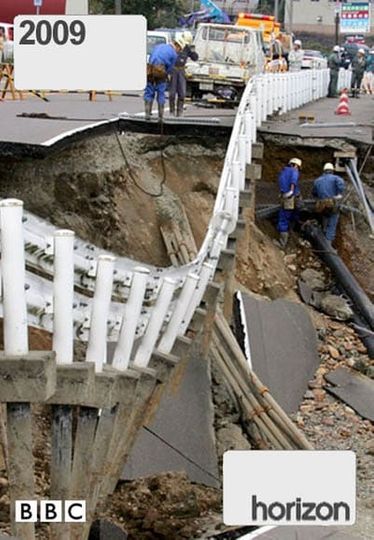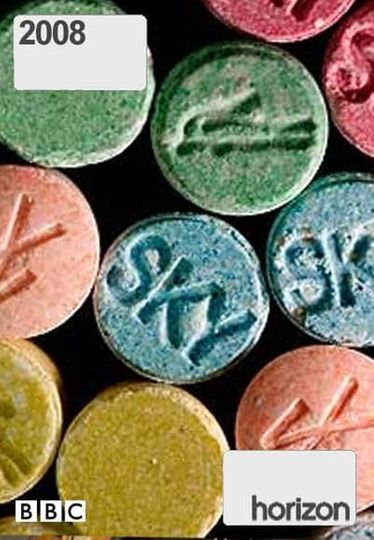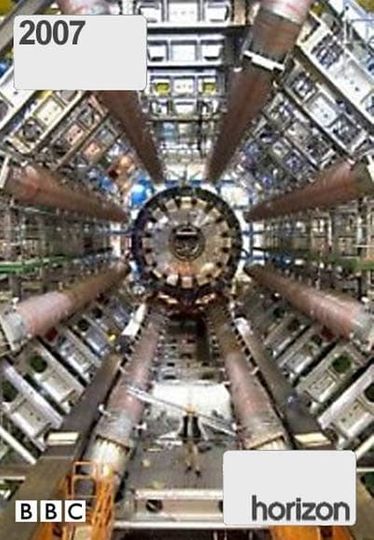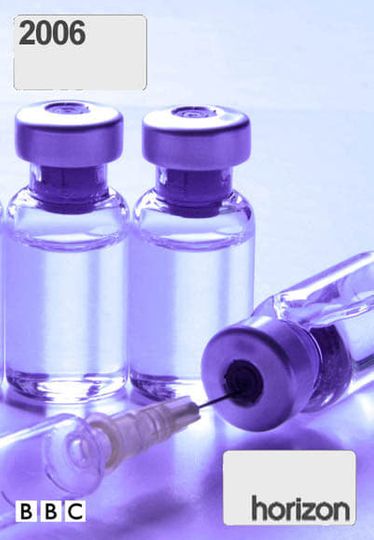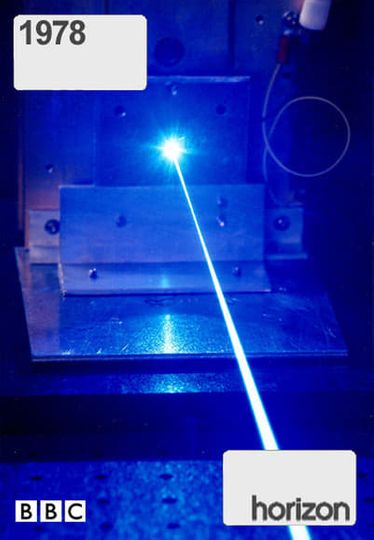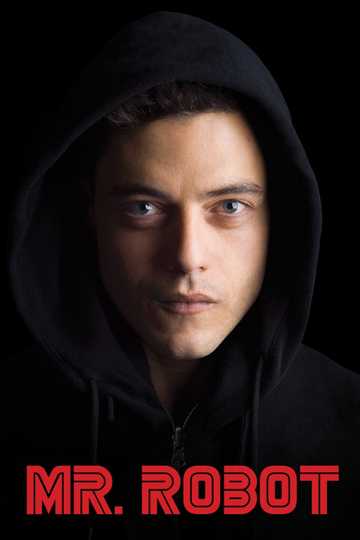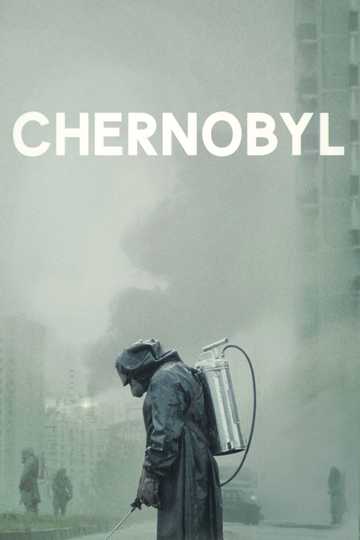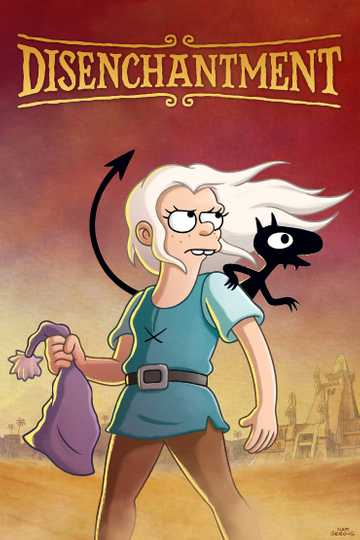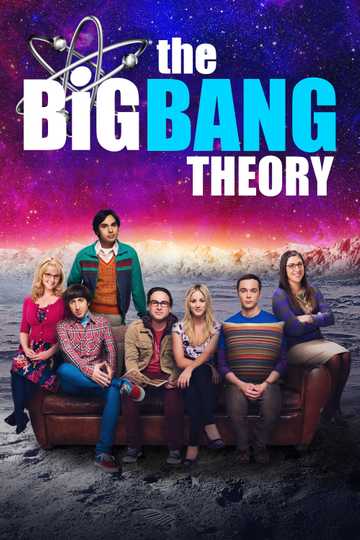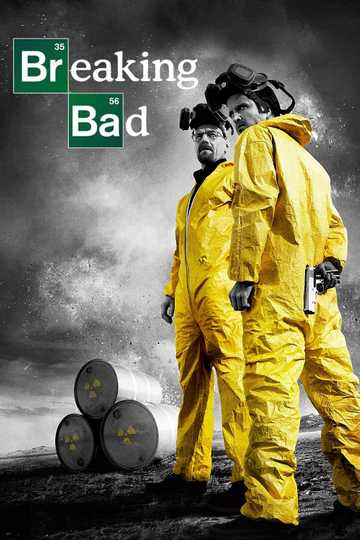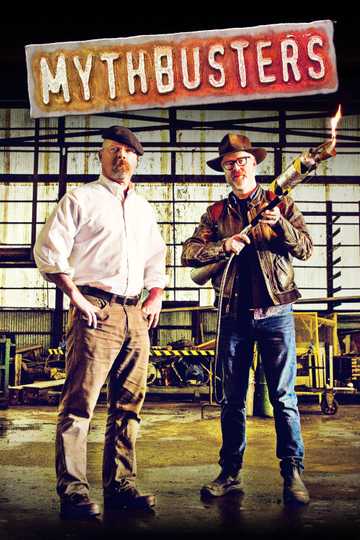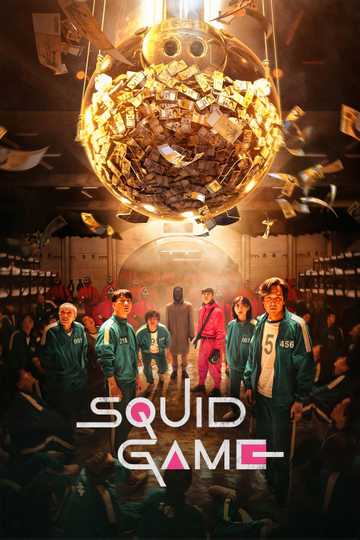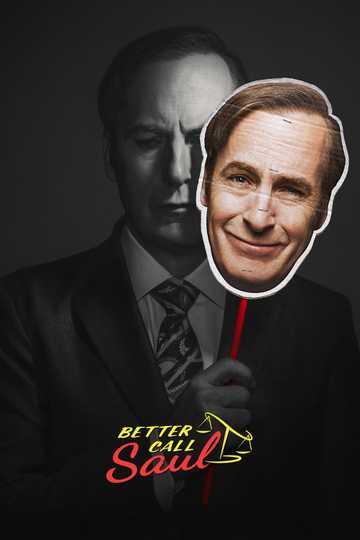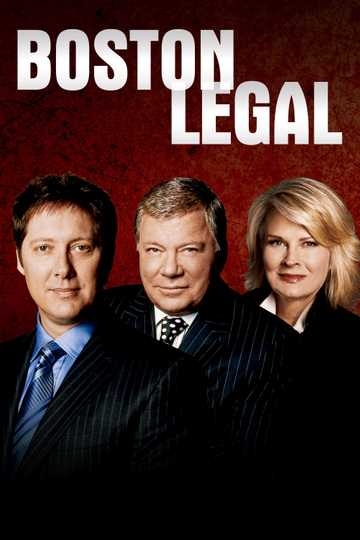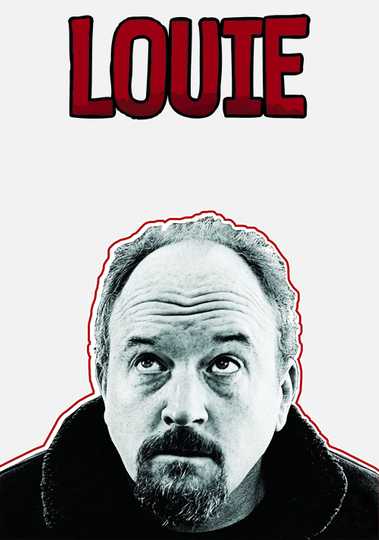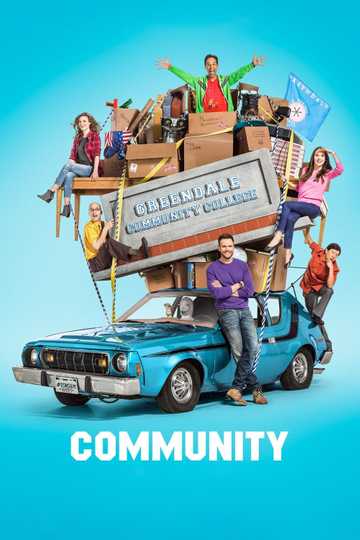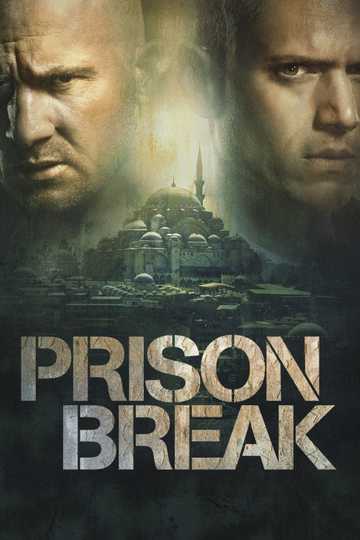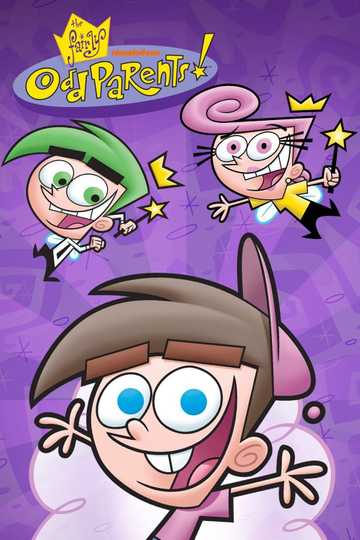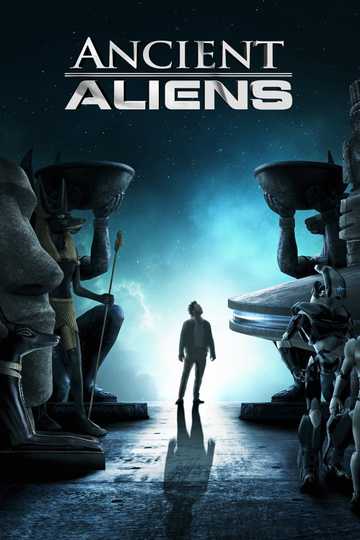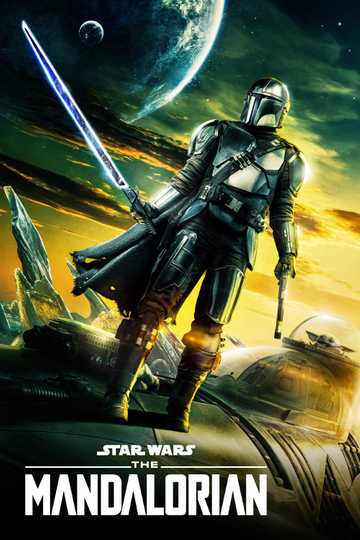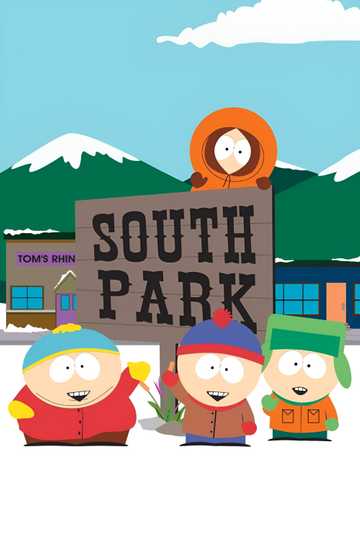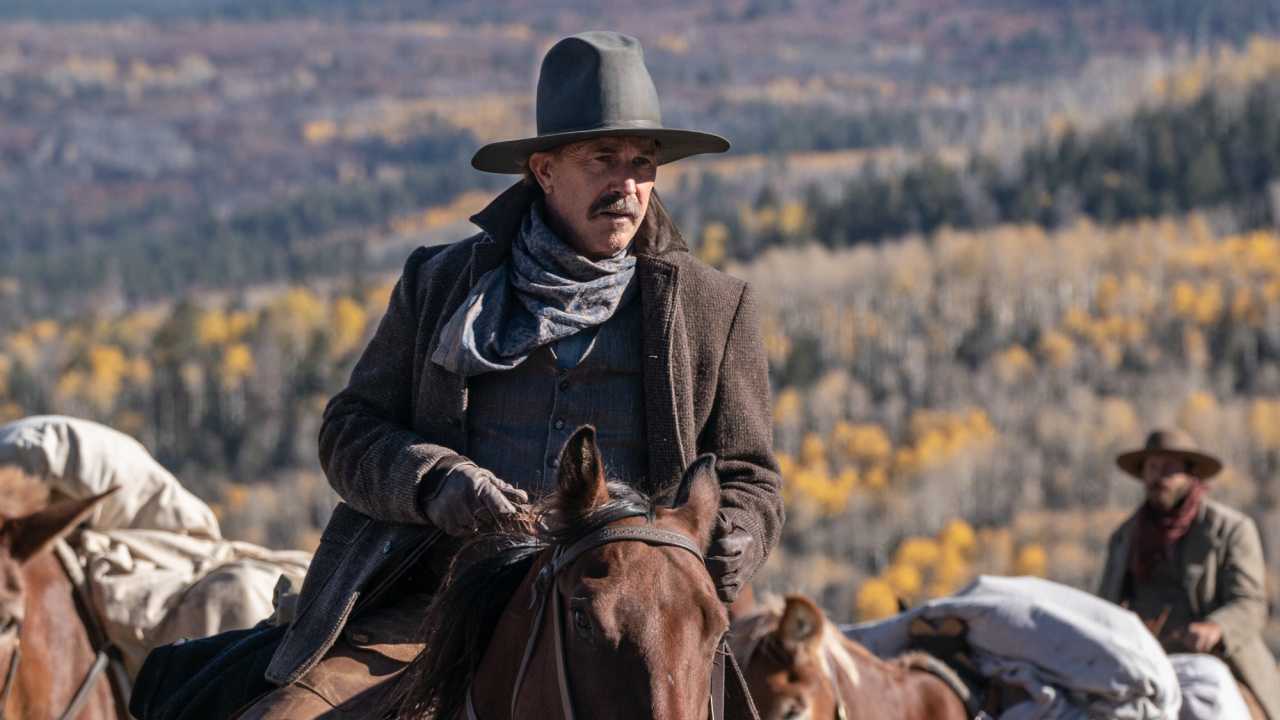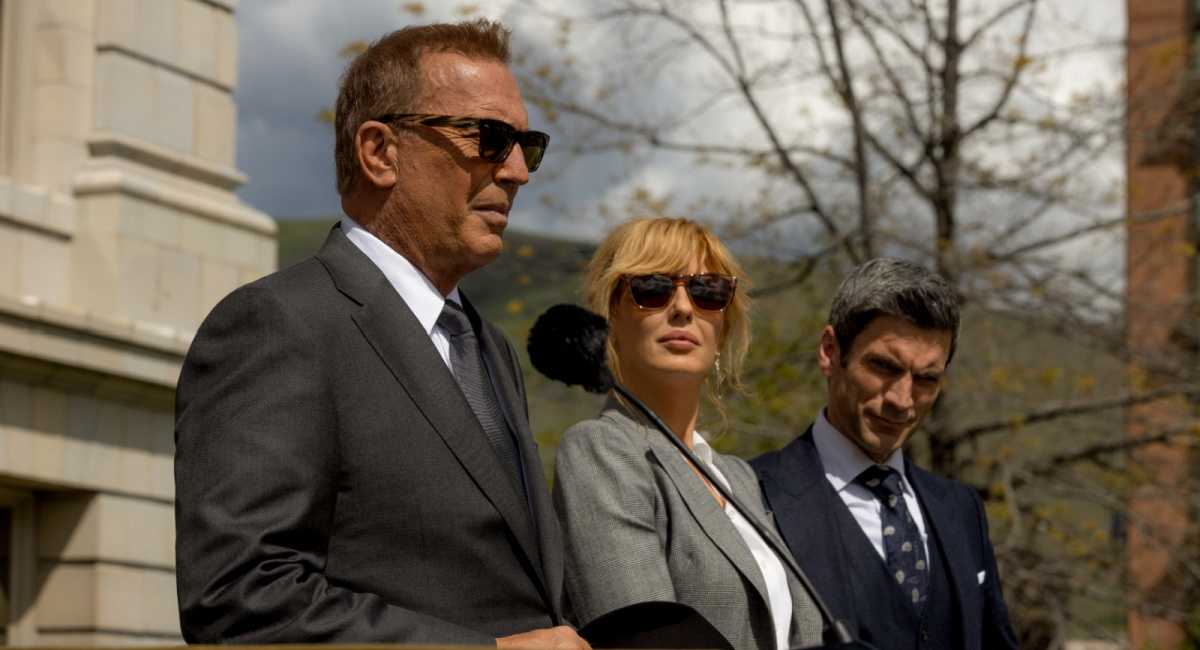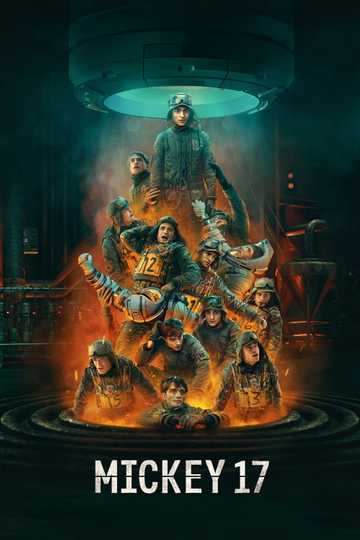2012-2013 Episodes
1. The Truth About Looking Young
Plastic surgeon Dr Rozina Ali leaves the operating theatre behind for the frontiers of skin science and asks if it is possible to make your skin look younger without surgery. She discovers the latest research about how the foods we eat can protect our skin from damage, and how a chemical found in a squid's eye is at the forefront of a new sun protection cream. She also finds out how sugar in our blood can make us look older, and explores an exciting new science called glycobiology which promises a breakthrough in making us look younger.
2. Mission to Mars
Horizon goes behind the scenes at NASA as they countdown to the landing of a 2.5 billion-dollar rover on the surface of Mars. In six days time, the nuclear-powered vehicle - the size of a car - will be winched down onto the surface of the Red Planet from a rocket-powered crane. That's if things go according to plan: Mars has become known as the Bermuda Triangle of space because so many missions there have ended in failure. The Curiosity mission is the most audacious - and expensive - attempt to answer the question: is there life on Mars?
3. Eat, Fast and Live Longer
Michael Mosley has set himself a truly ambitious goal: he wants to live longer, stay younger and lose weight in the bargain. And he wants to make as few changes to his life as possible along the way. He discovers the powerful new science behind the ancient idea of fasting, and he thinks he's found a way of doing it that still allows him to enjoy his food. Michael tests out the science of fasting on himself - with life-changing results.
4. How Big Is the Universe?
Cosmologists talk about their project to create a map of everything in existence, and also reveal that their research has some highly unexpected results, creating a picture stranger than anything they had ever imagined.
5. How Small Is the Universe?
Horizon plunges down the biggest rabbit-hole in history in search of the smallest thing in the Universe. It is a journey where things don't just become smaller but also a whole lot weirder. Scientists hope to catch a glimpse of miniature black holes, multiple dimensions and even parallel Universes. As they start to explore this wonderland, where nothing is quite what it seems, they may have to rewrite the fundamental laws of time and space.
6. Defeating the Superbugs
Across the world we are seeing the emergence of bacteria that have gone rogue. These are the superbugs, dangerous bacteria that are becoming resistant to our only defense; antibiotics. Horizon meets the scientists who are tracking the spread of these potential killers around the globe, and discovers the new techniques researchers are developing to help defeat these superbugs.
7. The Creative Brain: How Insight Works
It is a feeling we all know - the moment when a light goes on in your head. In a sudden flash of inspiration, a new idea is born. Today, scientists are using some unusual techniques to try to work out how these moments of creativity - whether big, small or life-changing - come about. They have devised a series of puzzles and brainteasers to draw out our creative behaviour, while the very latest neuroimaging technology means researchers can actually peer inside our brains and witness the creative spark as it happens. What they are discovering could have the power to make every one of us more creative.
8. How to Avoid Mistakes in Surgery
A&E doctor Kevin Fong finds out how doctors can avoid making mistakes in the high-pressure, high-stakes world of the operating theatre. He sets out to learn how other professionals make life and death decisions under pressure, from airline pilots facing emergencies, to the Fire Service dealing with lethal blazes, to the world of Formula One pit crews. Kevin discovers how all these fields are helping to make surgery safer.
9. The Truth about Taste
Taste is our most indulgent sense but it is only in recent years that we have started to understand why we really love the foods we do - and it is a lot more surprising than you might think. There may a way to make food taste sweeter without adding any extra sugar and it is all down to a trick that happens in your brain. Horizon meets the scientist who has grown the perfect tomato, that is sweeter and juicier than anything you are likely to find on a shelf, as well as the men and women hoping to become elite, professional tasters.
10. The Age of Big Data
In Los Angeles, a remarkable experiment is underway; the police are trying to predict crime, before it even happens. At the heart of the city of London, one trader believes that he has found the secret of making billions with math. In South Africa, astronomers are attempting to catalogue the entire cosmos. These very different worlds are united by one thing - an extraordinary explosion in data. Horizon meets the people at the forefront of the data revolution, and reveals the possibilities and the promise of the age of big data
11. The Secret Life of the Cat
Horizon discovers what your cat really gets up to when it leaves the cat flap. In a groundbreaking experiment, 50 cats from a village in Surrey are tagged with GPS collars and their every movement is recorded, day and night, as they hunt in our backyards and patrol the garden fences and hedgerows. Cats are fitted with specially developed cat-cams which reveal their unique view of our world. You may think you understand your pet, but their secret life is more surprising than we thought.
12. Little Cat Diaries
50 cats were fitted with GPS collars to track their every movement, and cat-cams to record their unique view of the world. In this groundbreaking experiment, a few cats stood out. They include the intruder cat, an unneutered tomcat, who comes into the village and seems to have no owner; the hunter, who prefers food that he can catch and kill to anything his owners might buy him; and the deserter cat who has abandoned his home in favour of a new set of owners. This film reveals that the relationship between cats and their owners isn't quite what we imagine.
13. Fracking: The New Energy Rush
Iain Stewart investigates a new and controversial energy rush for the natural gas found deep underground. Sometimes, this is right under the places people live in. Getting it out of the ground involves hydraulic fracturing - or fracking. Iain travels to America to find to find out what it is, why it is a potential game changer and what we can learn from the US experience. He meets some of the people who have become rich from fracking as well as the communities worried about the risks.
14. Swallowed by a Black Hole
This summer, the black hole at the centre of the Milky Way is getting ready to feast. A gas cloud three times the size of our planet has strayed within the gravitational reach of our nearest supermassive black hole. And across the globe, telescopes are being trained on the heart of our Milky Way galaxy, some 27,000 light years from Earth, in the expectation of observing this unique cosmic spectacle. For cosmic detectives across the Earth, it is a unique opportunity. For the first time in the history of science, they hope to observe in action the awesome spectacle of a feeding supermassive black hole.
15. What Makes us Human?
Professor Alice Roberts is making a new human being - she is pregnant with her second child. But before he is born, she wants to find out what makes a human, human? What is that separates us from our closest living relatives - the chimpanzees? We share 99% of our DNA with chimpanzees and yet from the moment of birth, our lives are completely different. So are we just another animal, or is there something special about being human? Before her new baby emerges into the world, Professor Roberts sets out to explore what it is about our bodies, our genes and ultimately our brains that set us apart from our furry cousins - what is it that truly makes us human?
16. The Truth About Personality
Michael Mosley explores the latest science about how our personalities are created - and whether they can be changed. Despite appearances, Mosley is a pessimist who constantly frets about the future. He wants to worry less and become more of an optimist. He tries out two techniques to change this aspect of his personality - with surprising results. And he travels to the frontiers of genetics and neuroscience to find out about the forces that shape all our personalities.



